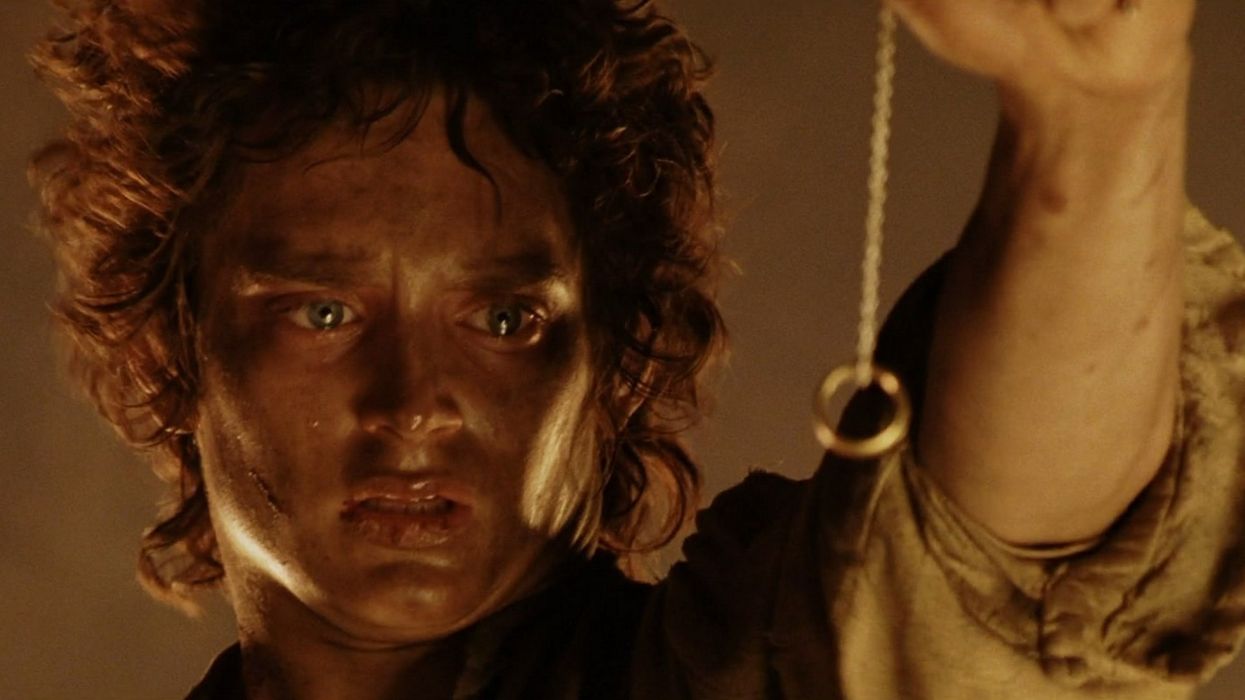
An expertly written score can add so much to your story by creating atmosphere, tone, or emotion. But what sets a great score apart from a mediocre one? In what ways do they add to the narrative and visual components of a film? And what techniques do composers use to turn a score into a storytelling device?
In the video essay below, Evan Puschak (Nerdwriter) breaks down the Oscar-winning score of composer Howard Shore in Lord of the Rings: Fellowship of the Ring, explaining how musical themes, or leitmotifs, are used to elevate the story. There's quite a bit of information to digest, so we've highlighted five qualities that seem to be present in not only this Oscar-winning score, but in the vast majority of them.
Communicate on-screen visuals
This is a quality most of us are aware of. We know not to expect the same type of music when we're watching a chase scene versus a romantic one, and that's because music is a fantastic conduit for emotion. If you want your audience to feel sad, anxious, scared, or happy, music can usually get the job done. In fact, it's so effective that many filmmakers have used contrary juxtaposition with the images and music to create a confusing, off-putting atmosphere. Here are a few examples from Reservoir Dogs (or course), Jeepers Creepers, and Batman:
Make it embody each character
Leitmotifs are helpful for several reasons, the most important being that they aurally represent the development of a character. This means that in order to have an effective one, you need to understand the character completely — understand what their needs, wants, and fears are — because your leitmotif will transform in tandem with them. Essentially, their character arc will reflect the musical arc of the leitmotif.
Turn it into an emotional character in and of itself
Just like a complex character, a great leitmotif has its own emotional arc. As you can see in The Fellowship of the Ring, each one goes through changes throughout the story — progressing and changing in the same way as the characters within the film.
Use it to demonstrate dramatic development
On a larger scale, a great score will have an emotional arc that, yes, reflects each character, but also reflects the narrative as a whole. That means that every time there is a conflict, tension, and resolution, the music captures that. This can get complicated if characters that have their own leitmotifs begin to have conflicts with each other. (Just saying, no wonder Shore won an Oscar....)
Make sure it ties everything together
There are plenty of excellent arrangements out there that capture the emotional energy of the characters and scenes. But think about it: you could have beautiful leitmotifs that embody each character, evolve as they do, and communicate the themes of the story, but for whatever reason they seem to exist in their own dimension. They're separate rather than collective; they fail to form a body. Perhaps the most distinguishing characteristic of a score that deserves an Academy Award is that it manages to coalesce.
What do you think makes a score Oscar-worthy? What's your favorite score?
Source: Nerdwriter













